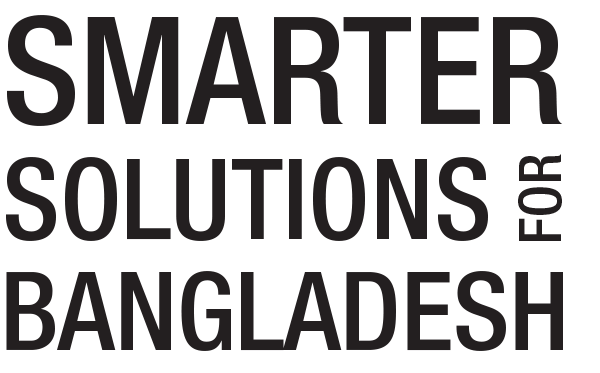Bangladesh Priorities: Microfinance, Bairagi and Bin Shadat
Research by Subir Bairagi, an economist at the Institute of Policy and Social Sciences (IPSS), and Wasel Bin Shadat, executive director of IPSS and lecturer of econometrics at the University of Manchester, shows that incorporating flexible repayment models into microfinance can increase its benefits, particularly to borrowers. Each taka spent on these aims stands to do more than 2 takas of social good.
| Strategy | Takas of benefits per taka spent |
|---|---|
| Traditional Microfinance | 1.7 |
| Flexible Microfinance | 2 |
The experts used a long-term study to examine the effects of microfinance in Bangladesh. They find that the benefits from traditional microfinance turn out to be 1.7 takas for each taka spent. So while microfinance may not deliver an incredibly high return, there are indeed positive net benefits of 0.7 after having paid off the one taka in costs. The microfinance institution captures about 0.4 of that benefit, leaving 0.3 takas in net benefits for the borrower.
One issue with traditional microfinance is that while it has been good for borrowers with continuous and predictable income flows, it can leave behind people whose income is lumpy, like farmers or certain entrepreneurs. The researchers examined a strategy to overcome these hurdles: flexible repayment schedules that grant borrowers a grace period during the lean season.
Introducing flexible programs in Bangladesh could grow the microfinance market by approximately 2.5 percent, providing new opportunities for ultra-poor citizens, many of whom are farmers or laborers. Such a flexible system would mean borrowers wouldn’t have to repay loans until after they’ve received revenues from their harvest or production.
Overall, the experts estimate that each taka spent on flexible microfinance does 2.2 takas of good. After having paid off the cost of one taka, the microfinance institution again captures about 0.4 takas, but now the borrower gets 0.8 takas, or almost three times as much in benefits.
Since 2008, a program through the Palli Karma-Sahayak Foundation has offered flexible microfinance options in Bangladesh. By June 2013, it had disbursed loans to 512,000 borrowers, totaling more than Tk 9.6 billion (Tk 960 crore).
Overall, the experts estimate that flexible microfinance can do more than 2 takas of social good for each taka spent, improving upon the return from traditional methods.

